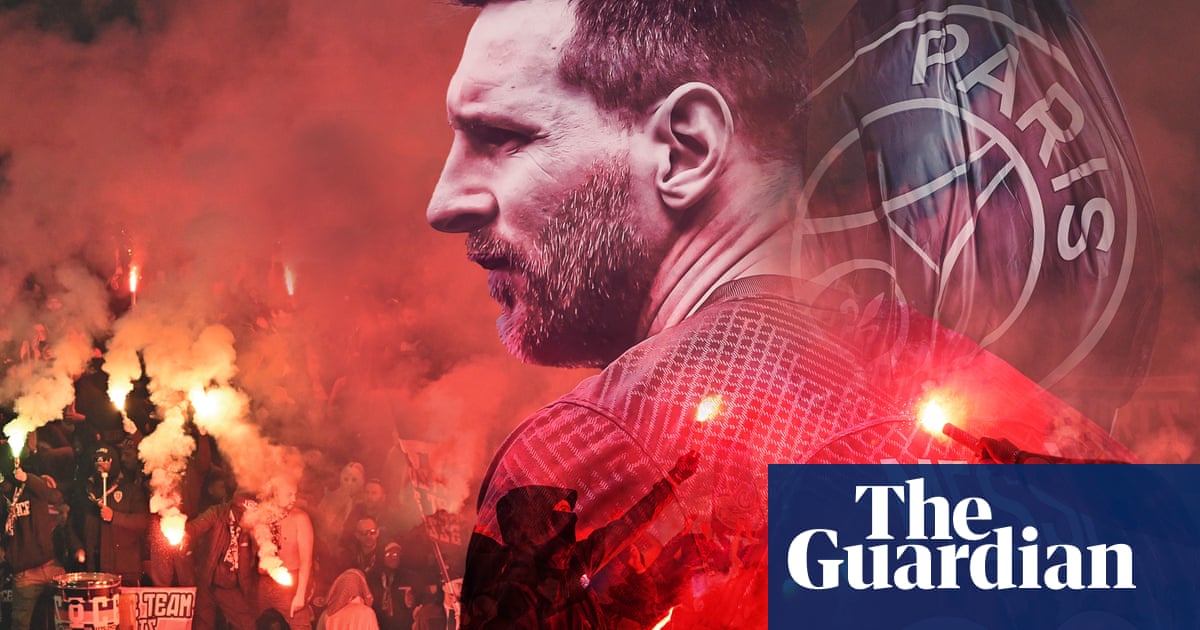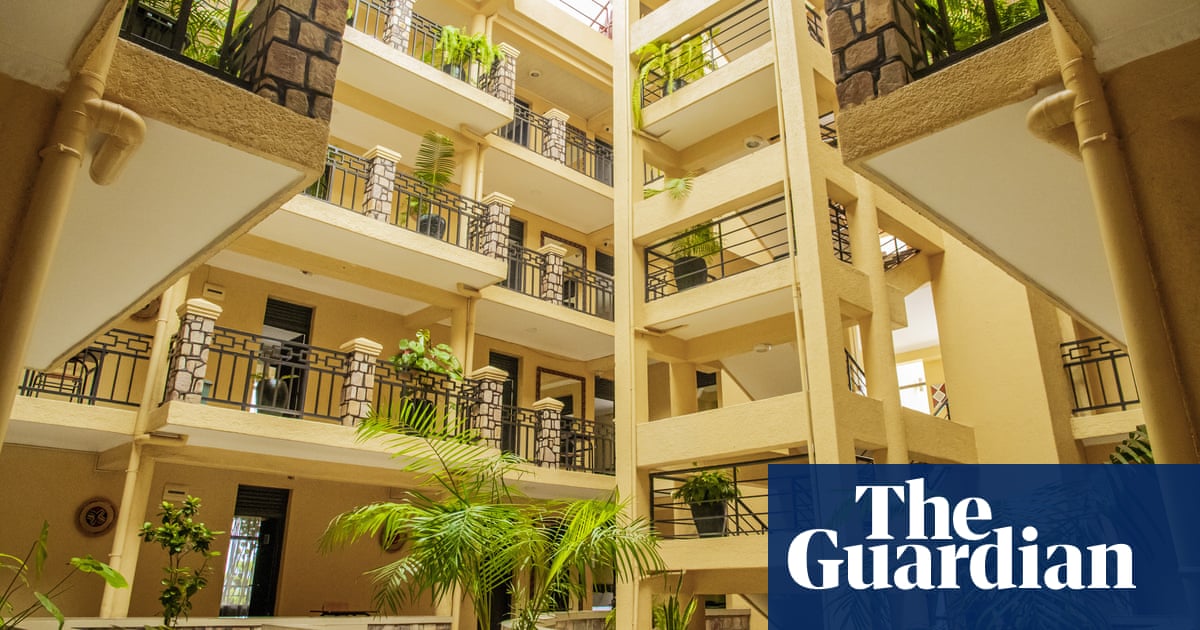
Clarifying the past is a notoriously difficult task at the best of times, but exceptionally so in relation to the intensely bloody history of Algeria.
France, its former coloniser, has a long record of covering up the atrocities it committed, so the facts are frequently disputed. This has prolonged anger and resentment among the victims of an imperial adventure that continues to divide the two nations.
The French president, Emmanuel Macron, wants to change all this, and has appointed a renowned Paris university professor to shed light on “the memory of colonisation and the Algerian war” by the end of this year. Benjamin Stora’s ultimate objective will be to illuminate the horror of what went on during the 132 years of conquest that started in 1830, but also to help bring about “reconciliation between the French and Algerian peoples”, reads a particularly ambitious Élysée Palace statement.
Macron is the first French head of state to address this scandalously neglected issue since the country’s defeat at the hands of Algerian nationalists in 1962, telling journalists on a trip back from Israel earlier this year: “The Algerian war is today absent from our political memory and the subject of a conflict of memories like the Holocaust was.” He added, “We don’t talk about this. We crush it.”
However, Algerian communities in France, as well as in Algeria, are by no means convinced that rapprochement is so close at hand. This is because their collective memory is informed by the hardship that has persisted long after freedom.
When victory was achieved after the nearly eight-year Algerian war of independence, the winning forces claimed some 1.5 million Algerians had been killed. The dead ranged from men, women and children obliterated by napalm or in caves used as improvised gas chambers to Algerian separatists drowned or clubbed to death by Paris police following round-ups in the French capital.
Those responsible for such mass murders were always protected by their government, whose official death and wounded figures unsurprisingly never correlated with the ones produced by Algeria’s FLN, National Liberation Front. Incredible as it might sound, the French did not even recognise the conflict as a war until 1999, when legislation ruled that it was finally time to get rid of the sinister euphemism “operations to maintain order”.
French patriots point to the loss of their own soldiers and settler militias – some 28,000 dead, 75,000 injured and thousands more missing. The so-called Algerian harkis who fought for the republic – in many cases as cannon fodder – accounted for up to 150,000 casualties.
Unlike British India, the jewel in the crown of the French empire was an actual part of France. Algeria had its own départements – the Gallic equivalent of counties – and its settler colonialists, the so-called Pieds-Noirs (“black feet”), returned MPs to the National Assembly in Paris.
Labourers from indigenous Arab Muslim communities were meanwhile imported to the mainland in their hundreds of thousands to help with the rebuilding of France, particularly after the second world war. They originally lived in shanty towns that developed into the decrepit housing estates where the vast majority of French-Algerians can still be found to this day. They continue to experience discrimination in every aspect of their lives, as well as police brutality.
In turn, the Pieds-Noirs nostalgia remains strong in the Rassemblement National (National Rally) – the far-right party founded as the Front National by Jean-Marie Le Pen, the convicted racist and Holocaust denier, who has been linked to acts of torture while serving as a soldier in Algeria. He denies all allegations of involvement in torture. Profound antipathy towards north Africans, and indeed Islam, is still a huge part of the movement’s politics. Like so many others, they maintain a colonial view of dark-skinned Arab Muslims, who they do not consider as French.
In this sense, the Algeria question is about so much more than the war – it has come to define the nature of modern France, and particularly its prejudices and inequalities.
Macron is an astute politician, and it could be argued that his attempt to resolve outstanding grievances simply represents electioneering, with the head of state hoping to win over French-Algerian voters before he runs for a second term in 2022.
Stora, his chosen historian, is a highly rated academic with an outstanding record of research into north African affairs, but he is based in France, and – just as significantly – is not an Algerian. On the contrary, he is from a Pieds-Noirs settler background. His birthplace is Constantine, near which some 45,000 Algerian civilians were massacred by the French during disturbances in May 1945.
Predictably, the Algerian government has asked its own distinguished professor, Abdelmadjid Chikhi, the director general of the National Centre of Algerian Archives, to conduct a “truth inquiry” – as it is described in Algiers – in parallel with Stora.
Having spoken to Macron about war and memory, I am convinced that he wants to make his mark on Franco-Algerian relations. Coming from the Somme region, he is acutely sensitive to how the world wars are constantly commemorated, but not colonial ones. Just before his election in 2017, Macron stated that there were “crimes and acts of barbarism” in Algeria that would nowadays be prosecuted as “crimes against humanity”.
This in itself was a stark acknowledgment of the extent of the French savagery, suggesting that the next obvious step would be an apology and indeed reparations. Court convictions could certainly be achieved.
France did not own up to its collaboration in the Holocaust until 1995, when then-president Jacques Chirac formally admitted and apologised for the role his countrymen had played in sending Jews to their deaths in Nazi concentration camps.
Macron already has plenty of evidence highlighting the evil nature of l’Algérie française. Academically rehearsing what we know won’t achieve much. If anything, it could exacerbate grievances. What is needed are an apology, reparations and – yes – even prosecutions.
• Nabila Ramdani is a Paris-born journalist and academic of Algerian descent












